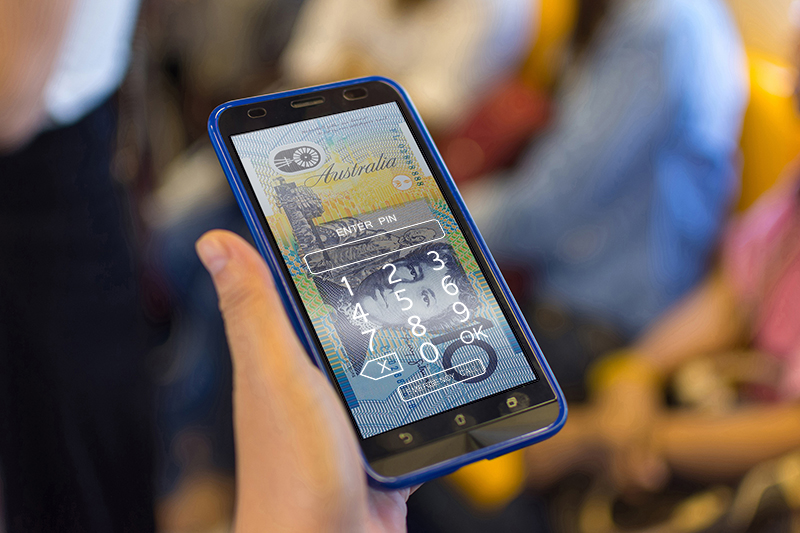 A major report into telecommunications affordability today launched jointly by the Australian Communications Consumer Action Network (ACCAN) and the South Australian Council of Social Service (SACOSS) highlights concerns about low-income consumers in staying connected to telecommunications services.
A major report into telecommunications affordability today launched jointly by the Australian Communications Consumer Action Network (ACCAN) and the South Australian Council of Social Service (SACOSS) highlights concerns about low-income consumers in staying connected to telecommunications services.
The report, Connectivity Costs: Telecommunications Affordability for Low-Income Australians, which was based on a survey of over 500 Centrelink recipients and low-income Health Care Card holders, as well as a series of focus groups, found that:
- 66 per cent of respondents rated telecommunications among the five most important factors in their household budget; but
- 62 per cent reported difficulty paying, having to cut back or that they had stopped using one or more telecommunications services for financial reasons in the last 12 months.
ACCAN Director of Policy Una Lawrence said, “In 2016 all consumers need to be connected to broadband and telecommunications services. Without these services, consumers are cut-off from accessing education, job opportunities and Government services, as well as entertainment and the social benefits of being able to keep in touch with friends and family. This research shows that connectivity is a priority for low-income consumers, but affordability barriers are hindering their ability to pay for these services.”
The research also found that the existing government support for low income consumers to stay connected, the Centrelink Telephone Allowance (CTA),is not doing what it should and is in need of reform to reflect modern telecommunications usage and demands. The report recommends reforming the CTA to assist with access to mobile phone and internet services with reasonable call and data allowances; that it should be available to all Centrelink recipients; and that this was part of the need to ensure that all income support payments are adequate to cover essential services like telecommunications.
The focus group research revealed the importance of mobile data to low-income consumers, however, low-cost plans do not provide adequate data allowances. Participants revealed that excess data charges can significantly increase their telecommunications costs and have an impact on their overall budgets. The report calls for telcos to offer products and plans that provide adequate data at the same per unit price that applies in higher cost plans so that low-income consumers are not paying a poverty premium for services.
The focus group discussions also highlighted issues regarding payment methods where direct debiting and unusual billing period (eg. 28-day “months”) make managing payments unnecessarily difficult for those on low incomes. The research supports the call for the Telecommunications Consumer Protections (TCP) Code to mandate that service providers allow a choice of payment methods on every plan so that low-income consumers have more options to allow them to pay for services.
SACOSS CEO, Ross Womersley said, “Overall, the report tells us that people are struggling to afford communications essential for seeking employment, to access Government services and for study. Those on low-incomes are often paying more for services than other customers, the income support they receive is not adequate to ensure they stay connected, and many of the available products and plans on the market are not suitable for those on low-incomes. Governments and telecommunications companies all need to act to address the needs of low-income consumers.”
ACCAN media contact:
Luke Sutton, ACCAN Public Relations Officer, 0409 966 931
SACOSS media contacts:
Ross Womersley, SACOSS CEO, 0418 805 426
Tania Baxter, SACOSS Communications Officer, 0432 902 105.
Download: ![]() Telecommunications affordability report shows those on low incomes missing out1.93 MB
Telecommunications affordability report shows those on low incomes missing out1.93 MB
Download: ![]() Telecommunications affordability report shows those on low incomes missing out461.85 KB
Telecommunications affordability report shows those on low incomes missing out461.85 KB
